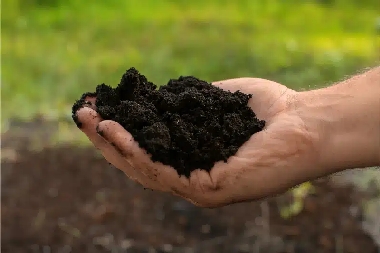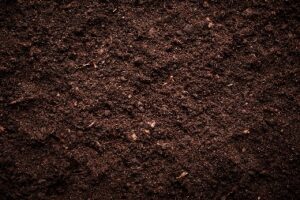Centennial Clay in Soil
Living in Centennial, we understand that the quality of our soil directly impacts our agricultural success and environmental sustainability. With an increasing population and the pressing need for sustainable practices, addressing clay in soil has become essential for our community. Research shows that nearly 50% of farmland is at risk due to erosion and poor soil management, making it imperative for us to adopt effective soil enhancement strategies.
In our pursuit of sustainability, we can leverage innovative solutions that improve soil health. By focusing on the unique challenges and opportunities presented by clay in soil, we can enhance our farming practices while also nurturing our environment. This is particularly relevant in our area, where agricultural productivity is critical to both local economies and ecosystems.
Here are some key considerations regarding clay in soil:
- Types of clay in soil can vary significantly, affecting crop yield.
- Understanding how to use clay in soil can enhance growth potential.
- Clay in soil benefits include improved water retention and nutrient availability.
- Learning how to break down clay soil fast can lead to healthier crops.
- Using sandy soil in conjunction with clay can optimize planting conditions.
By enhancing our understanding of clay in soil, we can implement practices that not only increase productivity but also contribute to the health of our environment. The use of EcoGEM’s solutions can play a pivotal role in this transformation. For more information or to explore how we can work together to improve our soil, please reach out to us at (253) 348-2200 or visit our Contact Us page.
Centennial Soil Clay Levels
In Centennial, the soil clay levels in our agricultural lands are a vital factor in determining the success of our crops. With the right knowledge and tools, we can effectively manage these levels to improve soil quality. Research indicates that soils with high clay content can retain moisture better, which is essential during dry spells, yet they can also lead to drainage issues if not properly managed.
Understanding soil clay levels is critical for farmers and gardeners alike. By recognizing the specific needs of our local soil, we can implement tailored solutions that enhance crop productivity while also benefiting our community’s environment. This knowledge is particularly relevant to our Centennial landscape, where soil conditions can vary widely.
Here are some important aspects to consider regarding soil clay levels:
- Soil clay levels chart helps in identifying the right amendments.
- Understanding soil clay levels pdf can provide detailed insights.
- There are 7 types of soil, each with unique characteristics.
- Sandy soil can complement clay soil for better drainage.
- Clay soil holds nutrients effectively, making it valuable for farming.
By monitoring and managing soil clay levels effectively, we can ensure healthier crops and a sustainable agricultural future. If you’re interested in learning more about optimizing your soil conditions, please contact us at (253) 348-2200 or visit our Contact Us page for further assistance.
Centennial Clay Soil
In our Centennial gardens and farms, understanding clay soil is crucial to fostering healthy plants and sustainable agricultural practices. Clay soil, known for its compact structure, can present both challenges and opportunities. Studies show that while clay soil can retain water, it may also hinder root growth if not properly managed.
Embracing the characteristics of clay soil allows us to implement effective strategies that maximize plant health and yield. By recognizing the local conditions and how they affect soil composition, we can work towards solutions that benefit our community and environment. This is particularly important in Centennial, where local farmers and homeowners strive to cultivate thriving landscapes.
Here are some key points to note about clay soil:
- Clay soil for plants can provide essential nutrients when managed correctly.
- Different types of clay soil require specific treatment approaches.
- Learning how to break down clay soil fast can improve planting conditions.
- Finding where to buy clay soil is essential for local gardeners.
- Understanding how to make clay soil more workable can enhance its properties.
By leveraging our knowledge of clay soil, we can create vibrant gardens and productive farms that contribute to the overall health of our community. To explore how EcoGEM can support your soil enhancement needs, please contact us at (253) 348-2200 or visit our Contact Us page for more information.



